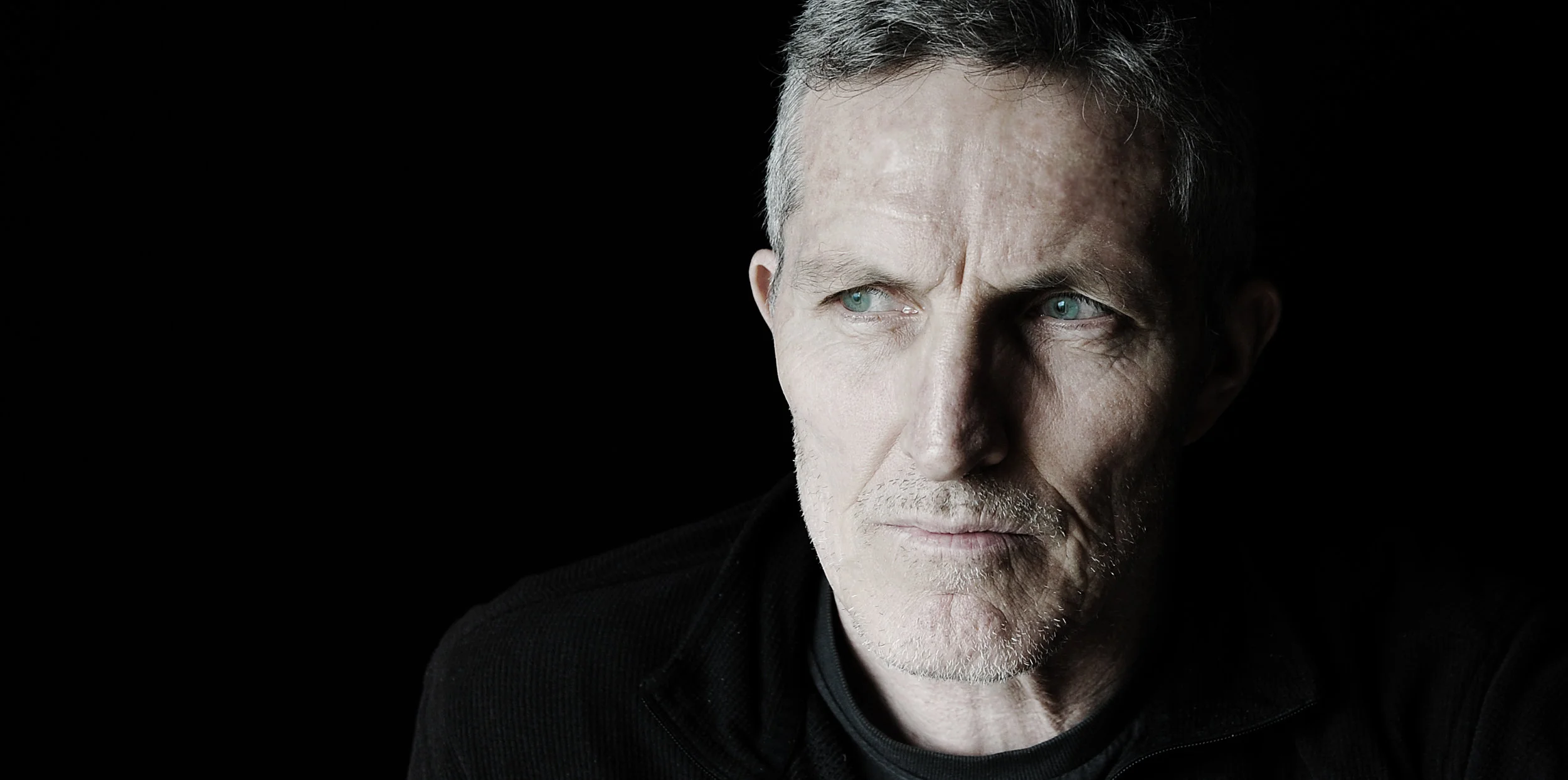I used to work really hard...
Selfie: Nikon D3S
… but I don’t do that anymore.
Nor am I trying to hack my life, maximise my multi-tasking, or re-boot myself.
But for long time, I held to the belief that working hard, doing stuff I loved, would mean that I wouldn’t need to work hard, doing stuff I hated. The discipline served me well, almost right up to the moment when it suddenly didn’t and then I crashed into ‘burnout.’
But as I’ve negotiated a sometimes tentative, still fragile, transition to a new way of being in the world, I see more easily the fear that wraps itself around my limiting ‘work hard’ assumption.
We live in a media world that assaults us with the view that we aren’t good enough. The cult of ‘performative workaholism’ hustles us to work ever harder. Elon Musk and his call for an exhausting 80 hour work week are celebrated. We must continually work longer hours, obliterate our task list, reach ‘in-box zero’, move more ever faster, be somewhere else…
Yet my work is about showing up and being present; offering witness and paying deep, profound attention to my fellow practitioners and clients.
Honestly. It’s helpful to be awake.
And I’ve noticed that as I make space in my day for considered reflection, take a pause for breath, schedule my energy (as much as my time) and take time out for family, colleagues, nature, exercise and creative endeavour, the quality of my listening, observation, perception and empathic connection increases.
It’s clear to me that less is more.
Better than that, it just feels so darn good.
We are starting to see renewed calls for a 4-day work week and corporate wellness programs remain popular (though often controversial).
But the more sustainable intervention is to design routines work that are heathy, sustainable and well-paced, encouraging creativity and renewal rather than an habitual 24/7 toil.
In a world where we seem to be accelerating ever more rapidly towards unhelpful chaos, time and attention are transformative.
Notes:
Lila MacLellan looks at the ‘The risk of thinking of your job as a higher calling’.
Nancy Klein’s ‘Time to Think’ is a classic read for those interested in alleviating the urgency in our lives.
If that doesn’t work, are a look at Jeffrey Pfeffer’s ‘Dying for a Paycheck.’
